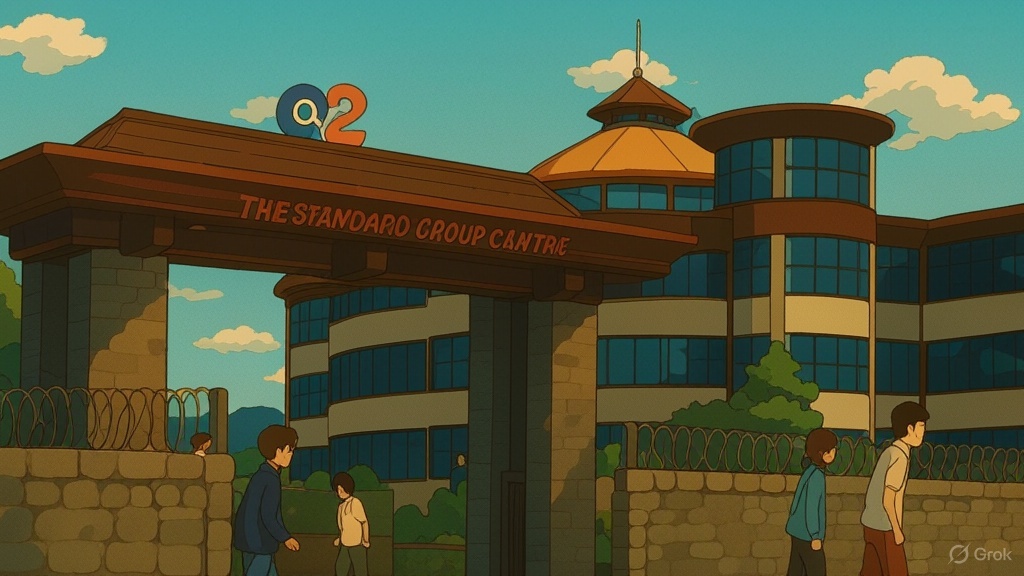How Much iPhones Will Now Cost Because of US Tariffs on China
Escalating trade tensions, primarily between the United States and China, are creating significant concerns about potential price hikes for iPhones worldwide. Apple’s complex global supply chain, heavily reliant on components from numerous countries and final assembly in China, is particularly vulnerable to tariff increases.
The situation has arisen from increased tariffs imposed by the US on Chinese imports, and retaliatory tariffs imposed by China. This trade conflict is raising the prospect of substantially higher costs for iPhone components and assembly.
Experts predict that the cost of an iPhone could increase significantly, potentially by hundreds of pounds or dollars, due to these tariffs. While the UK has not directly imposed tariffs, it’s believed that Apple may standardize pricing globally, meaning any US price increase would likely be reflected in other markets.
The complexity of Apple’s supply chain is a key factor. Components are sourced from nearly 50 countries, with critical parts like processors from Taiwan’s TSMC, screens from South Korea’s Samsung and LG, and camera components from Japan, South Korea, and Taiwan. China remains the primary assembly hub.
Analysts suggest that if Apple were to shift production to the US, as suggested by some, the increased labor costs could lead to even more significant price increases.
Ben Barringer, a global technology analyst at Quilter Cheviot, noted that Apple’s primary concern is maintaining its profit margins. Therefore, increased production costs due to tariffs would likely be passed on to consumers.
Harry Mills, founder of Oku Markets, echoed this sentiment, stating that relocating the supply chain to the US would be a “Herculean effort” and would inevitably result in higher prices. He also emphasized that the existing tariffs alone are likely to impact iPhone prices.
The situation is further complicated by the fact that Apple previously secured exemptions from tariffs on certain Chinese-made components during the Trump administration, but no such exemptions have been granted this time.
Analysts like Dan Ives of Wedbush Securities have even suggested that producing iPhones entirely in the US could potentially triple the price of the device to $3000 (KSh 390,000).
The ongoing trade tensions are creating uncertainty for consumers and businesses alike, with the potential for significant price increases for one of the world’s most popular consumer electronics devices.









